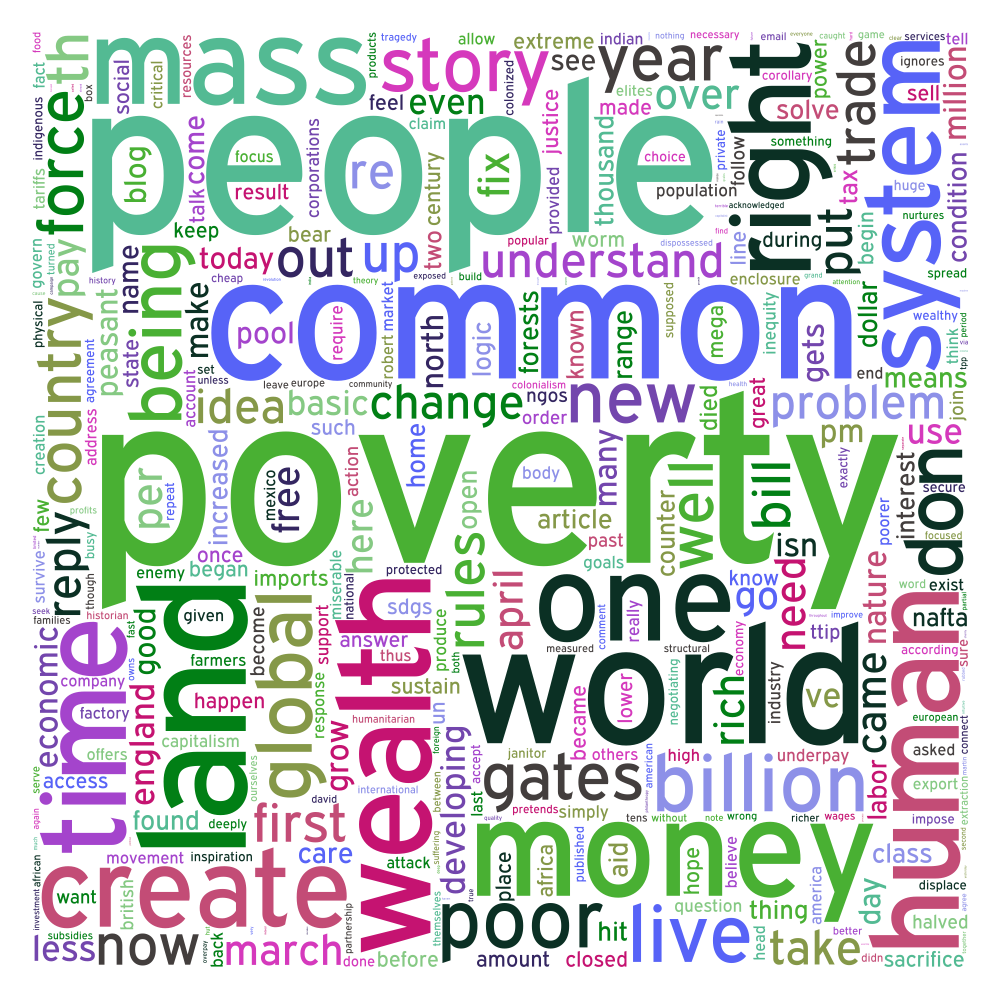
This article was orginially published by InfluencerCon in their digital journal Alchemy.
I don’t know if I am becoming more argumentative and cantankerous as I get older, but I find myself in more and more arguments with strangers. The latest episode has stayed with me, partly because on paper our backgrounds and ambitions should have aligned.
I was sitting on a patio of a Mexican restaurant in Cape Town, next to a friend of a friend, a young Italian woman who lives in Silicon Valley. Conscious that this montage of globalization would not have been possible twenty years ago, I asked what brought her to the city. She told me how she is a recent graduate of Singularity University, an ‘innovation lab’ based in NASA’s Ames campus in northern California founded by Ray Kurzweil (father of the Singularity, the idea that a super intelligence will result as man merges with machine in the year 2045) and Peter Diamandis (founder of the X Prize and eager planet miner and solar system colonizer). She explained that she had previously worked at a ‘tech incubator’ in the ‘Valley’ and how she was focused on ‘disruptive thinking’ and ‘exponential technologies’ that could save the world.
As she glowed in reverence for the curriculum at Singularity University, she explained how she and her classmates have created a mobile application that will help accelerate education for up to one billion people, largely in developing countries, by ‘gameifying’ education’. Hence her trip to South Africa. Somewhere between ‘productization’ and ‘monetization’, I interjected by stating that the only proven model for exponential growth has been the computer microchip processor. Moore’s Law is not a universal law.
In fact, over the past two decades we have had increase in poverty and inequality, increasing food famines, and experts predict mass resource wars as we move to ‘peak everything’. The Earth has lost 50% of its wildlife in the last 40 years, and according to the International Panel on Climate #Change (IPCC) we will lose half of the planet’s biodiversity – that’s half the living plant and animal life in the world – as we mitigate for a four degree Celsius rise in temperature by 2050.
As these statements challenged the core of my new friend’s Panglossian world-view, I saw myself fall quickly out of favour. The politeness of new acquaintances gave way to a hostile barrage of illogical suppositions. “Would you have us go back to a primitive way of living? How are you living your supposed values as you drink bottled water? And who wouldn’t choose hope over despair?”
It was of course not my intention to elicit this type of reaction. I was hoping to encourage the next generation of idealist to expand her scope to include a more structural analysis of our current situation. But as always, ideology is a constant background condition. It strikes me that the real divide here has two axis lines.
The first is the whether or not one believes the world is getting better or worse. The second is whether one believes that history matters. Quite simply, if you believe the world is getting better and history is inconsequential, the technoutopian world-view has a natural gravitational pull. It doesn’t matter that we are creating unprecedented rates of species extinction, or that our current system amplifies the historical injustices of colonialism, imperialism, genocide, slavery, misogyny and racism, or even that perpetual growth has planetary bounds, as our ingenuity and technological prowess will inevitably overcome all of these inconvenient truths.
And of course, the question of who is the world getting better for is never questioned. The Western hope in technology as saviour is conveniently self-enforced by material comfort and privilege, and shelters us from recognising that eight out of ten of our brothers and sisters are living under $5 a day, the threshold which the UN body UNCTAD says is the minimum to achieve “a standard of living adequate for health and wellbeing”: the inalienable right enshrined in the Universal Declaration of Human Rights.
If one believes that things are getting worse and history is important, the corollary is that things can of course get better. True optimism is not whitewashing away anything but ‘good news’ but seeing deep trends of progress and potential in an accurate, whole picture. It is also knowing that where we came from can help us build a better roadmap to where we are going.
As we usher in this better world, we heed the lessons of the past so as to not replicate the violence, oppression, extraction and exploitation of our current economic and political system. We are encouraged to believe the former. Our education system is molded on the ‘victors of history’, the elite perspective and selective memory. Those considered talented are usually those who show a deep and unquestioning acceptance of this perspective, who do well on standardized tests and faithfully validate and extend the establishment logic in their careers.
They are lauded with scholarships, awards and promotions that reinforce the virtue of their belief, their ‘giftedness’. As John Ralston Saul reminds us, it is in the nature of all complex social and political systems to reward those who best perpetuate their logic. Where that logic is psychotic, based on self-interest, greed and shorttermism, that is the psychology and behavior that will be most rewarded. In such a system, the rest of us – the majority – who do not demonstrate that behavior come to serve its needs through their service of perpetual, and ever-greater debt – if not through school, then through healthcare or access to food or housing. Once indebted, we find ourselves having to work for money that is manufactured in privatized mints and administered by governments, the apparatchiks of the global corporate system.
As elite wealth and its associated power congeals – 85 billionaires now have the same wealth as 3.5 billion people– their power shows itself up as the only truly exponential factor, outside of microchip processors. In turn, thanks to the influence of money in politics around the world, we inexorably entrench the conditions of what we call this #One Party Planet. In this way, the world system is organized according to neo-liberal logic of ‘trickle-up’economics that serve an undemocratic, unaccountable elite at the expense of the majority.
The result of believing that the arrow of progress is righteous and unbending, especially in the face of stark evidence to the contrary, is that we become not only complacent but complicit in the inherent destructiveness of this brand of late stage capitalism.
Take, as yet another example, the fact that for every dollar of wealth created, 93 cents goes to the top 1%. Unless this can be shown to be a gross and temporary aberration, it can only be concluded that this manner of wealth creation directly, inextricably and exponentially also creates vast wealth inequality. Add to that the fact that every dollar of wealth created heats up our planet thanks to the fossil-fuel based energy requirements; that the world’s poor and middle class pay grossly more than their fair share of the world’s tax as rich elites and multinational corporations opt out of their social contract through the use of tax havens and accounting black magic; and that, through global trade deals like NAFTA and the proposed Trans-Pacific Partnership (TPP), the underlying operating principles are, right now, being super-charged and replicated for a whole new generation, and the true and extreme rapaciousness of this system are painfully apparent.
The promise of the Internet was to remove the gatekeepers of this dominant system, to usher in a world of democratic access to information, innovation and decision-making, beyond the old constraints of geographical borders. Instead, the culture of Silicon Valley has created a new ideology.
A fuzzy mix between technological determinism and free market evangelism. In their world, corporations like Google and Facebook are benevolent dictators, busily not being evil, even though they have monetized and made a marketable-commodity of what not long ago we considered our most private data, and are now as much the gatekeepers of this system as any steel or tobacco corporation, or government agency.
They appeal to the logical and necessary instinct for anarchism in our youth (and other free thinkers): the desire to creatively self-organize, and they twist that into an elitist form of Libertarianism, where there is little or no room for governments or regulation.
All the while they are training them to believe that the problems created by the market-fundamentalist system – climate change, mass poverty, rabid inequality – can be solved by the very same market mechanisms. As Peter Diamandis states, “In a world where the biggest problems on the planet are the biggest market opportunities, why wouldn’t you be focusing on them?”
We are told that chasing profit through technological incrementalism is somehow commensurate with solving the world’s problems. Distracted by ‘disruptive innovation,’ ‘conscious capitalism’, ‘social enterprise’, ‘impact investing’ and other deeply unpoliticized blind alleys, we are told we can go on exactly as we are. We have become prisoners of our own construction, forgetting that the crisis we face as a civilization is as much a crisis of the economic system as it is an ecological, spiritual and moral crisis.
Those who were supposed to become the gatecrashers – the radicals, the misfits, the real innovators, like the brilliant Italian woman I met that day in Cape Town – have become the gatekeepers through a combination of alluring ideology, debilitating privilege and myopic amnesia. As Milan Kundera reminds us in the Book of Laughter and Forgetting, “The struggle of man against power is the struggle of memory against forgetting.”
If we connect the dots between the capitalist system and the crises that face us, if we think constellationally, a new set of solutions will emerge. They may include a re-localization of politics and the economy; the rediscovery of the Original Wisdom of Indigenous cultures around the world; putting limits on the power of corporations and taxes on the source of carbon use; a revival of barter and gift economies; the closing down of tax havens; an embrace of steady state economics; the provision of a citizen’s income to cover the basic necessities required for human dignity; and even the abolition of military spending.
Digital technology will inevitably play a powerful facilitating role, but technology is only a tool. In the absence of new principles – a new and wiser ideology – guiding the hands that use it, it can only change the pace, and not the direction, of travel.
Put simply, the task of our generation is one of reconstruction. If we want to truly be gate crashers, we must move beyond the frustration of the ineptitude and psychopathy of the elites, corrupt politicians and robber barons that are lionized in our media and educational institutions. We must start by taking responsibility.
The most powerful realization we must engender in ourselves and communities is that there is no separation between humans and all other life; this planet is, ultimately, a single bio-organism. From there, it is a short step to realizing that human power is such that the current state of this world – all the wealth and wonder and all the destruction and misery alike – are a product of our collective manifestation. We have a social, political and economic system that reflects our level of consciousness.
So we must simultaneously go deep within ourselves to reconnect with our source, and spread ourselves wide, throughout our communities. We must do whatever re-progamming is necessary for this new consciousness to emerge – unlearning, re-learning, remembering, examining our imprints, getting to a non-ordinary state through meditation or the use of psychedelics or whatever avenues allow us to be free thinkers again. And we will of course use the existing system to build the new system.
The aim will be to create structures that allow the conscious evolution and ascension of our species, in symbiosis with Nature. As the great Indian mystic Sri Aurobindo was fond of saying, we have to go from theoreticians of evolution to practioners of evolution. We must all be gatecrashers now.




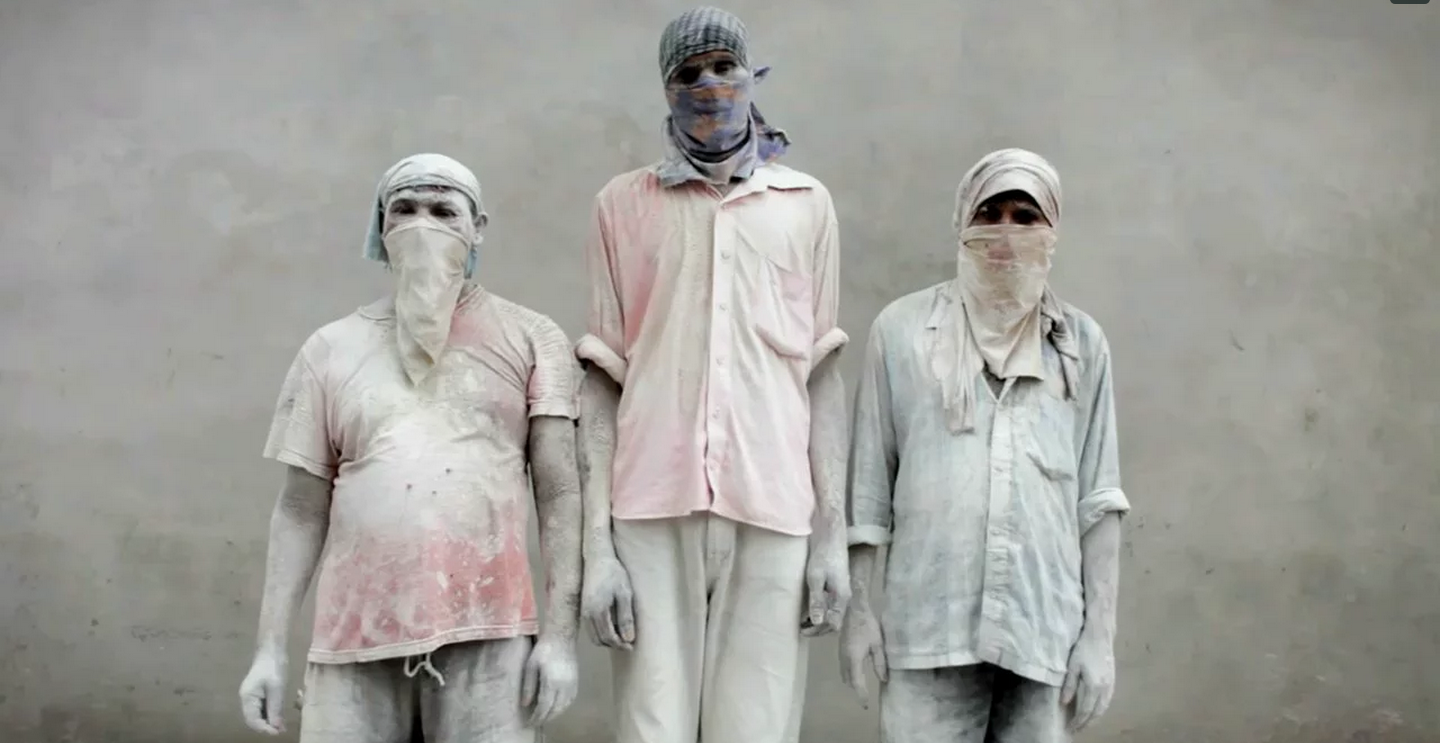
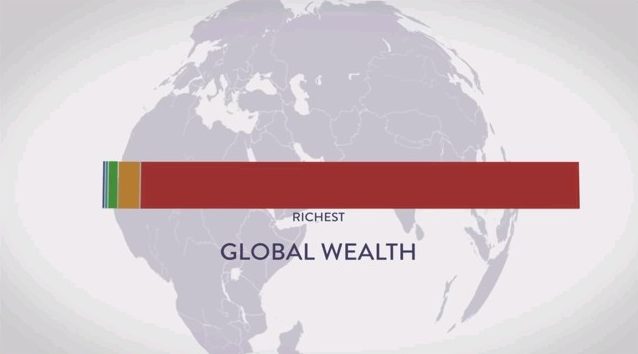
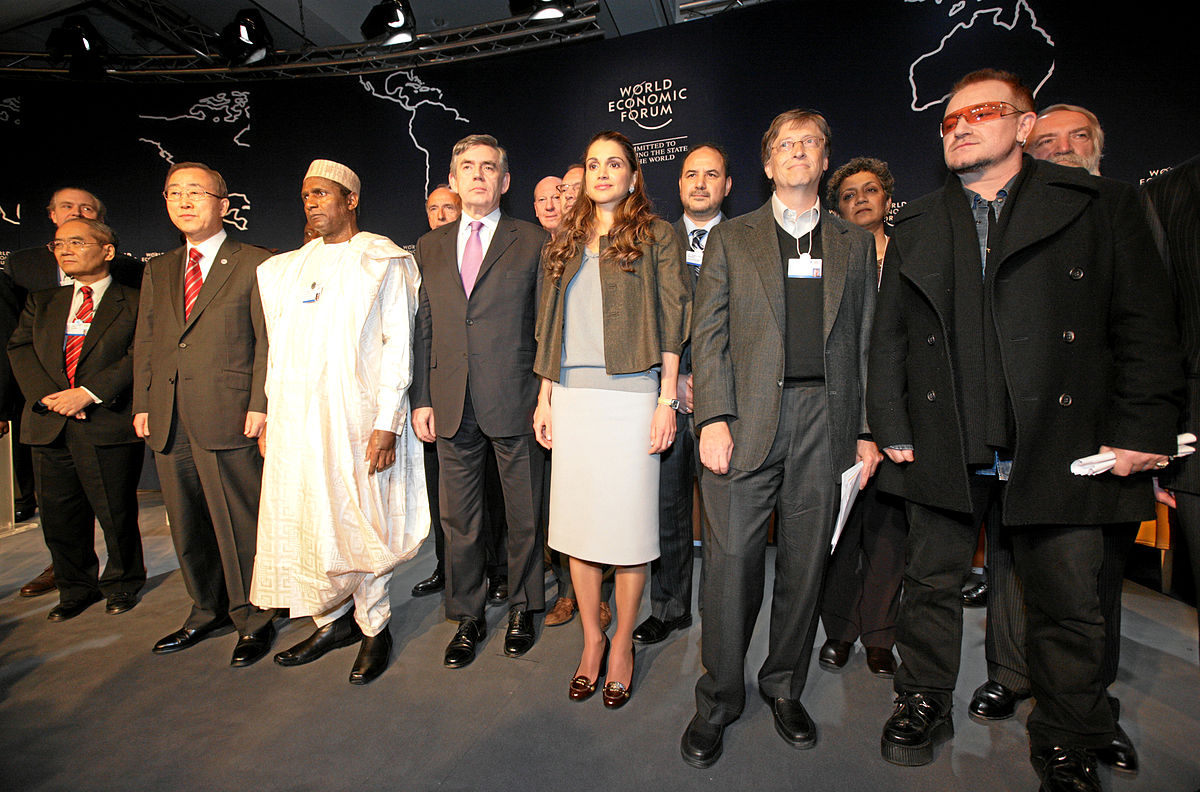

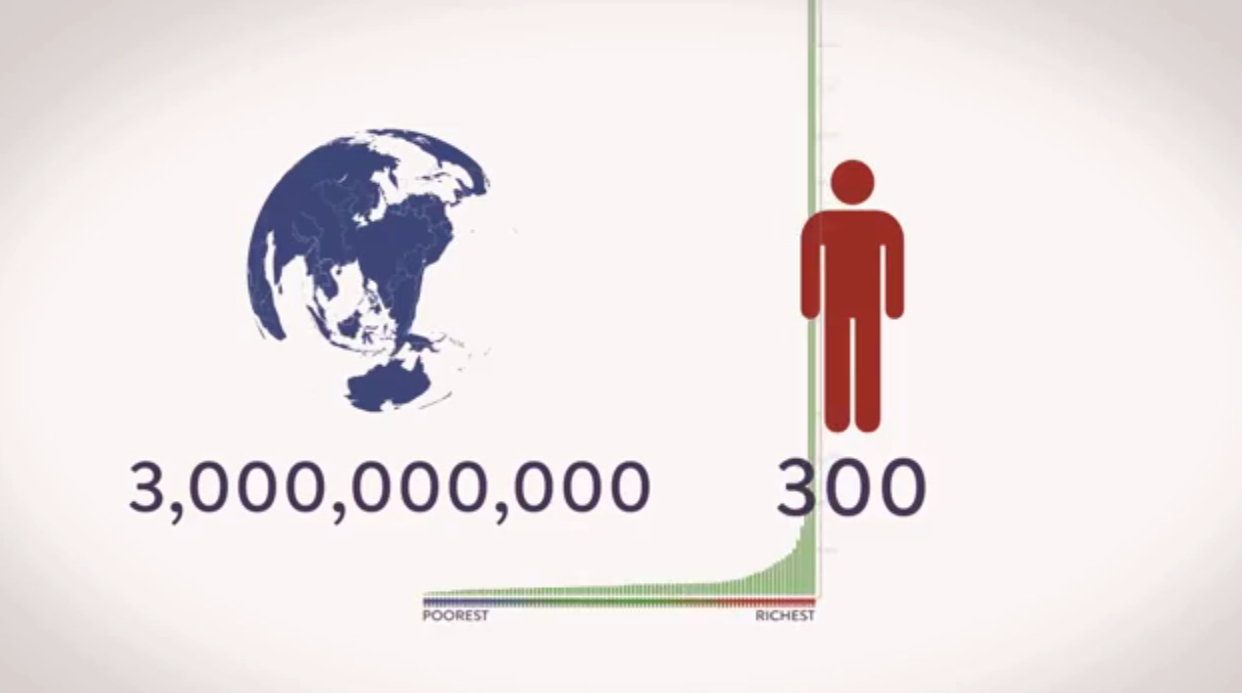
Yeah, so… this article never produces a single suggestion on HOW to transform ideas into effective action. It just mulls about on the problems of human mass behaviors, human elitist behaviors, and finishes off with an ourobouros of thinking to change thinking to change thinking to change thinking… STFU and get to work on it. I can give you something to do if you’re in need of meaningful service.
Just stop pretending that your recursive thought loop ever translates into action.
“Free thinking” is not freedom from our destructive patterns of thinking. Independent minds are ineffective minds, leaving us atomized and traumatized. Even one thousand queens will never build an ant colony. Or perhaps more familiar: “Too many chiefs, not enough indians.” The qualities of a disciplined and developed “free” mind are also the qualities of an exemplary servant. Get behind someone or get left behind.
Dear Kishan (if that is your name),
Despite your offensive and aggressive tone, I’d like to engage with you in a constructive dialogue.
What are your solutions? What issues and movements are you aligned with? Why do you think that analysing our current situation is not a precondition to revolution?
I don’t believe that there are any silver bullets to the revolution. The old Communist model of two white academics agreeing on the blue print for radical change is old paradigm. I come from an anarchist political tradition. I believe that there are many paths to the dissolution of the current system including alternative currencies, direct democracy initiatives (e.g. Porto Allegre in Brazil), the localization of economics and power (e.g. creating co-operative ownership structures), and opting out of the current system (e.g. Transition Towns or setting up alternative communities like the El Alto or Zapatista models) among others I probably don’t even know of.
For me, this essay was about addressing the root of our belief system rather than just policy prescriptions.
In terms of solutions about this cultural root, here’s a paragraph from the end of the essay:
“So we must simultaneously go deep within ourselves to reconnect with our source, and spread ourselves wide, throughout our communities. We must do whatever re-progamming is necessary for this new consciousness to emerge – unlearning, re-learning, remembering, examining our imprints, getting to a non-ordinary state through meditation or the use of psychedelics or whatever avenues allow us to be free thinkers again.”
I get the sense that this doesn’t resonate with you. Perhaps you can tell me why?
Thank you.
Alnoor
One amendment to the Constitution can and will destroy the current status quo. All we need is a tipping point of Americans cognizant and desiring the Article V Convention. So yes, let’s stop theorizing and simply begin to declare the solution–the people formally proposing ideas for change.
Great article. And critique IS action. Thinking IS action. You have nothing to apologise for and PLEASE don’t do what the previous commenter called for. There are too many thoughtless activists out there. Hannah Arendt had it right when she argued that being ethical requires us to think through things properly.
And a great example at the start of the cringe-worthy silicon valley technocratic funders like Bill and Melinda Gates who have very little humanities education and think that the solutions can be cut from the same cloth as the thinking that caused the problems.
What we neeeed to dooooooo is come together to buy as much arable land as possible and start building large scale/ small scale sustainable community/ educational centers.
We are not going to stop the momentum of the psychotic and corrupt system and it’s breakdown! Buckminster Fuller said it best, ” in order to create true change, don’t fight the existing system, create a new system which renders the old obsolete”
We have got to start creating agriculturally rich, self sufficient strong holds that will still be around 7 generations from now in strategic locations all over the world!! That’s the action and solution I am working on. Who wants to join me?
I really like this read. Useful reminder of the fundamental problems with the ideology immersing and surrounding so many of us whether we like it or not, and of the scale of its destructive impact.
I was drawn to the title of this article about “converting ideas to action” but at the end of the article I did find myself hungrier not so much for “action,” but for a clearer set of core ideas that frame the kind of action that reverses our course, ideas that we as “gatecrashers” or movement leaders can articulate with the same clarity and precision that we can articulate those neo-liberal, capitalist ideas that we critique.
I’m wondering if you have resources or reads that you find most useful in that vein.
Thank you for your thoughtful comment Allison. I mentioned in an earlier comment that I believe that ‘truth is a pathless land’ to borrow Krishnamurti’s phrase. In terms of a clear articulation of alternatives, here are some resources and books that I find inspirational:
http://www.amazon.com/Declaration-Mich%C3%A6l-Hardt/dp/0786752904/ref=sr_1_3?s=books&ie=UTF8&qid=1440422408&sr=1-3&keywords=michael+hardt
http://www.amazon.com/Beyond-Civilization-Humanitys-Great-Adventure/dp/0609805363/ref=sr_1_4?s=books&ie=UTF8&qid=1440422351&sr=1-4&keywords=daniel+quinn
http://www.amazon.com/What-Then-Must-We-Revolution/dp/1603585044/ref=sr_1_1?s=books&ie=UTF8&qid=1440422326&sr=1-1&keywords=gar+alperovitz
http://www.amazon.com/Sacred-Economics-Money-Society-Transition/dp/1583943978/ref=sr_1_1?s=books&ie=UTF8&qid=1440422380&sr=1-1&keywords=sacred+economics
http://www.amazon.com/Next-Revolution-Popular-Assemblies-Democracy/dp/1781685819/ref=sr_1_2?ie=UTF8&qid=1440422835&sr=8-2&keywords=direct+democracy
http://telekommunisten.net/the-telekommunist-manifesto/
(Free ebook on the P2P revolution)
And here are links to interesting online resources:
http://www.greattransition.org/
(This is a bit Western focused, but it’s still a great holistic resource)
http://p2pfoundation.net/Main_Page
(P2P is focused on ‘cognitive workers’ and the creative class, but I think there can be broader applications for societal transition)
http://commonstransition.org/
(also useful in summarizing P2P policy recommendations)
https://www.transitionnetwork.org/
(The Transition Town movement is very promising in terms of transition of infrastructure)
http://blacklineinitiative.org/
(I’m believe that we need to back to our ‘Original Wisdom’ and help the re-indiginization of our culture).
Hope this helps. Let me know what you think.
Alnoor
Hi,
Find here some great resources.
see also Presencing institute
https://www.presencing.com/
Best regards
Miljenko
Really interesting article and yes the third act did break down a little but in a perfectly fine Roberto Callasso kind of way. To me the creation of perceived value originally a key part of advertising was mastered by the financial industry and it has now contaminated the very people and ideas that we hope will help us break through. That said this is how it looks now. A younger less jaded generation will tear it up soon enough. Something will come. Something that will truly swing the Heidegger thing like a wrecking ball.